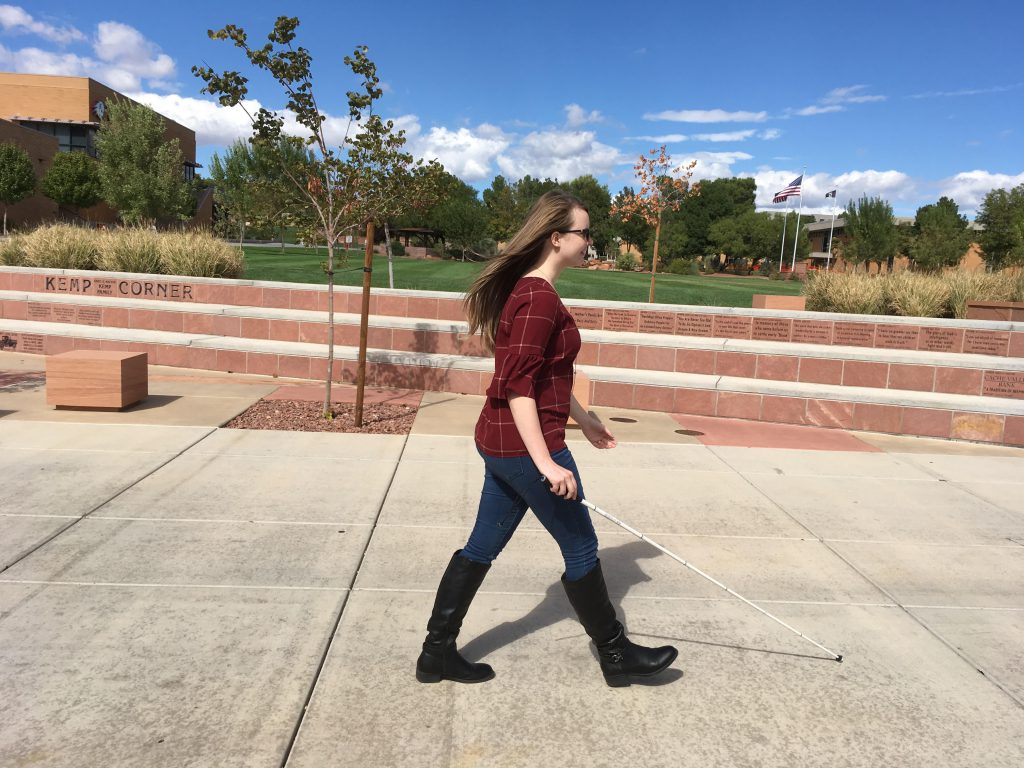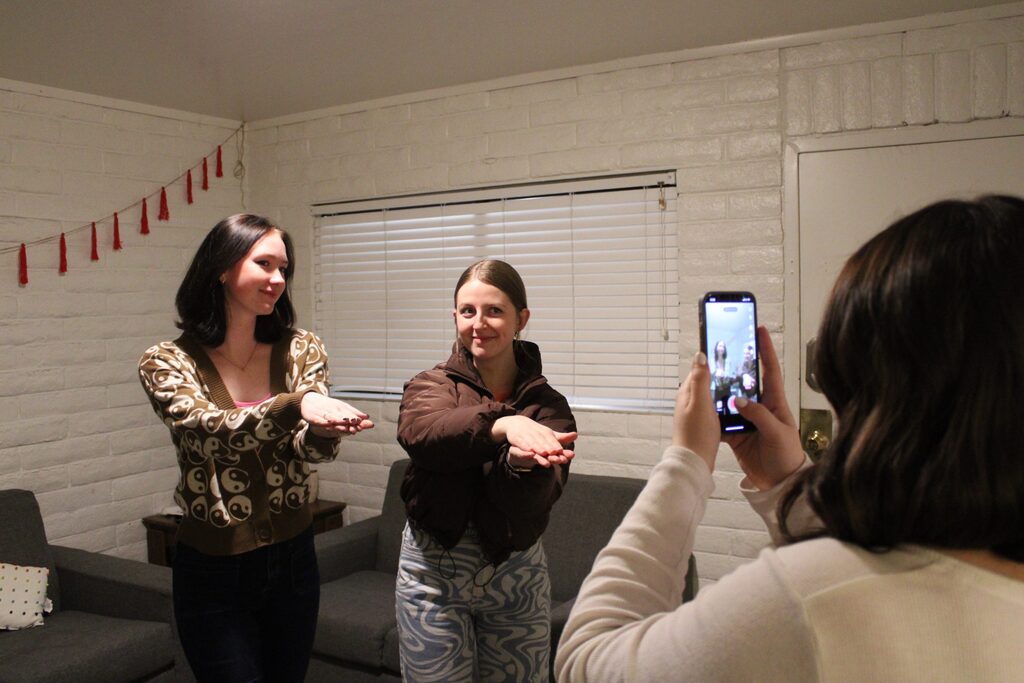From the Illuminati to COVID-19 conspiracies, Generation Z has been exposed to one online conspiracy after another.
Being born into this digital age, we might consider ourselves experts on consuming digital media and are therefore immune to misinformation. However, we fall for fake news and false narratives fed to us on social media all the time. This needs to stop.
We often see older generations as the main targets for spam emails and being gullible enough to fall for half-truths on the internet. The truth is we are just as likely to fall for those traps.
Our willingness to believe in conspiracy theories is one example of how misinformation can affect how we see things happening in our world. The belief in conspiracy theories stems from the need to feel safe in our environment. The theories provide clarity and a possible explanation for secretive and confusing events.
Gen Z is a generation that has lived through the aftermath of 9/11, the pandemic, school shootings, war and racial injustice protests. These events have caused Gen Z to lose trust in the system. A survey by Gallup and Walton Family Foundation-State of American Youth Survey found that members of Gen Z generally lack trust in U.S. institutions. The survey showed Gen Z having the lowest trust in Congress, the news, the presidency and large technology companies.
Due to this lack of trust, Gen Z is more likely to believe conspiracies and spread them through the use of social media.
Conspiracy theories can be dangerous because while some can be outrageous and unbelievable, others can be wildly intricate and convincing. One of the best examples of the damage misinformation can cause is when the conspiracies about COVID-19 being planned or that the vaccine for it was causing infertility ran rampant on the internet. This caused skepticism and rumors to take over the public.
During this time of uncertainty, I found it hard to navigate the things I was seeing on social media. This feeling came again when the media was filled with news about the war in Israel. When there are so many posts playing into one bias or the other, it is hard to know what is true and false. The distinction between real news and fake news becomes blurred.
When it comes to spreading fake news, we are part of the problem.
There is pressure to repost and share posts about major events, even if we are not fact-checking the content we are sharing. This amplifies the spread of fake news and false narratives. We need to understand that not sharing doesn’t mean we don’t care about what’s going on. We simply want the experts to share the information. There is a line that must be drawn between advocating for what we believe and spreading misinformation.
We all must make an effort to stop choosing to believe online conspiracies simply to satisfy mistrust in an institution. Stop sharing posts without fact-checking the source. We, Gen Z, are not immune to misinformation.




